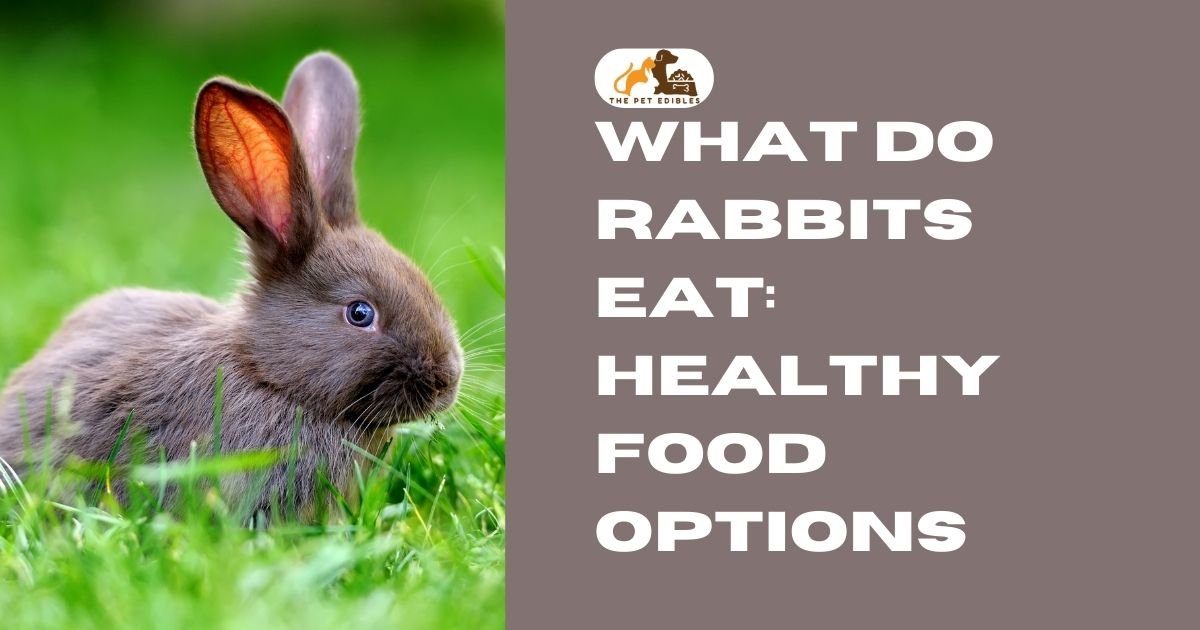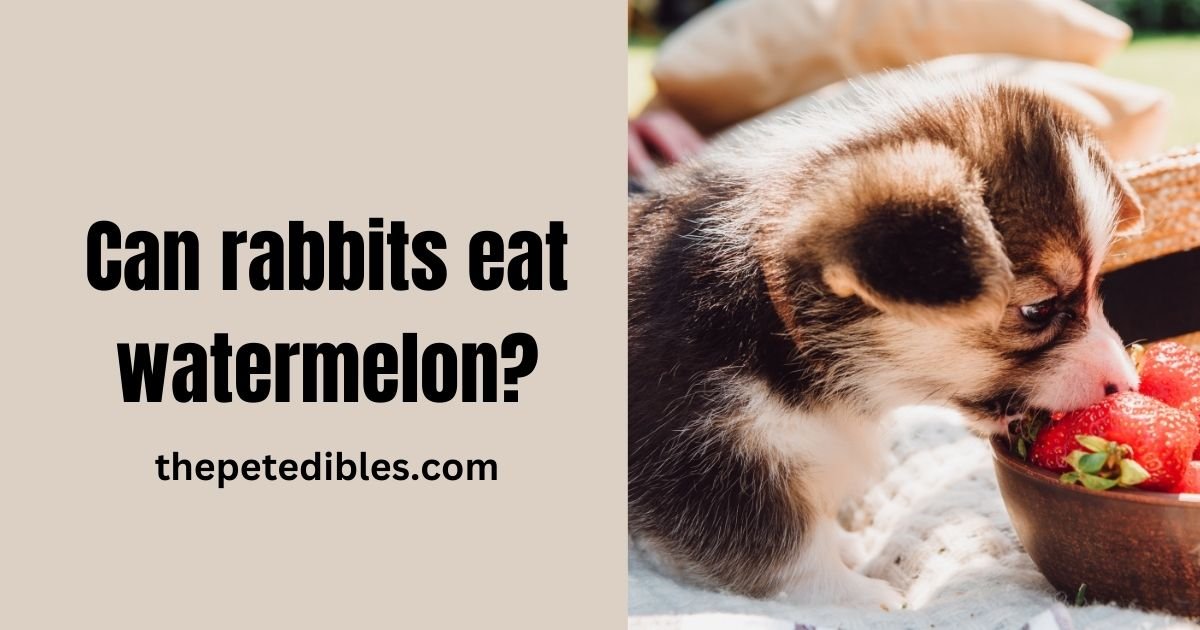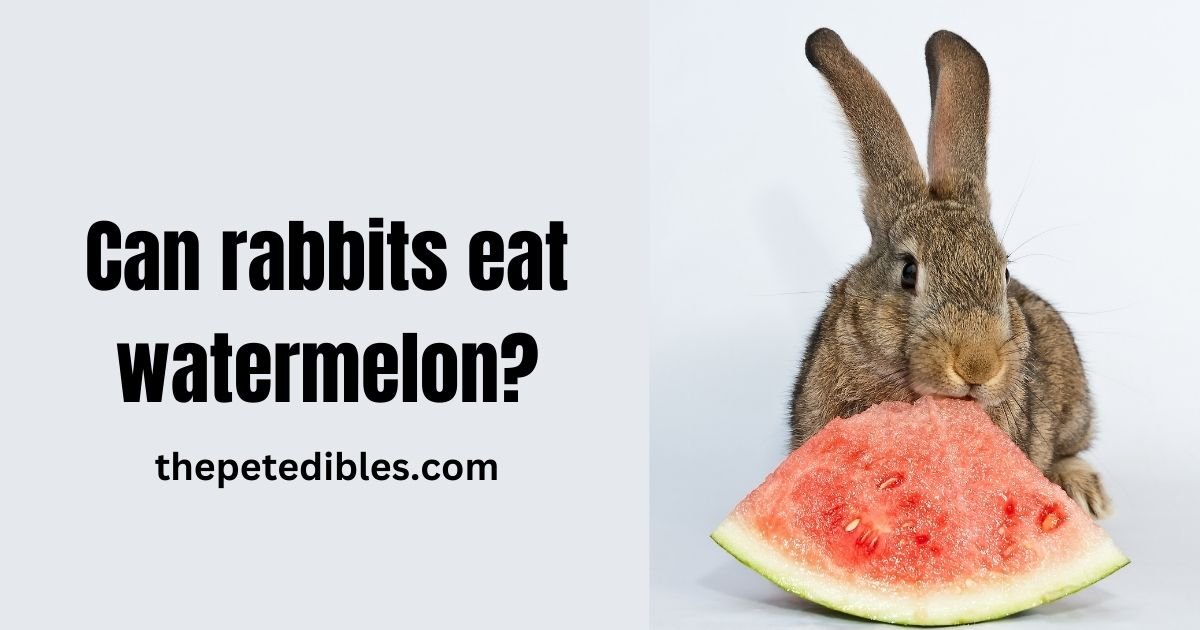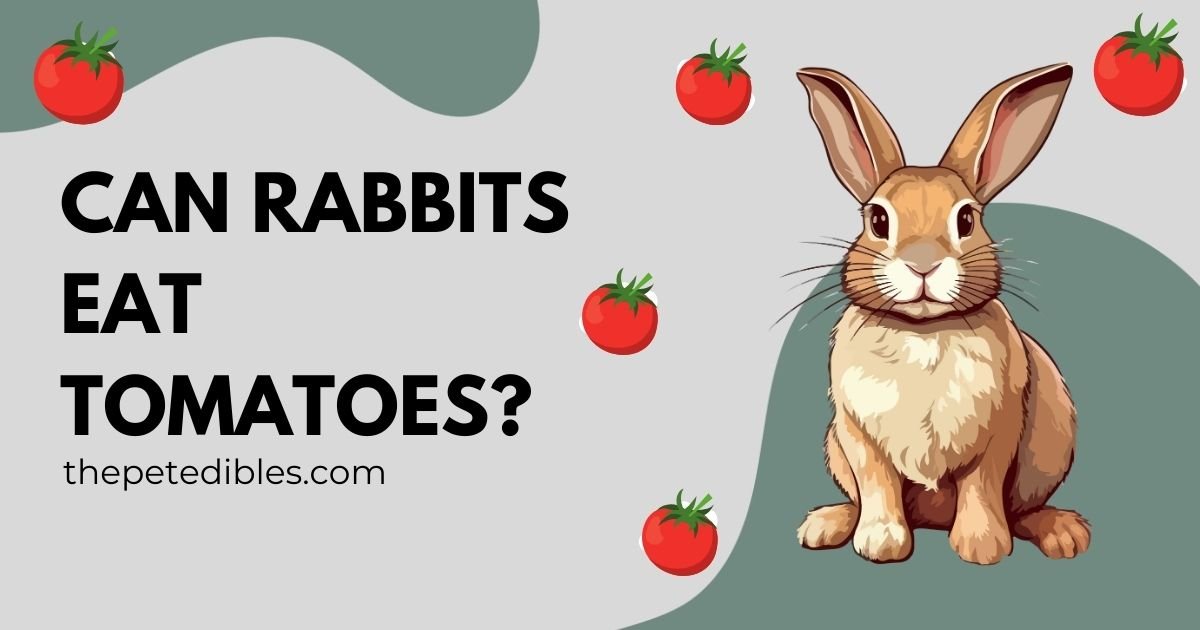What Do Rabbits Eat: Healthy Food Options

Discover what do rabbits eat with this guide on healthy food options, including hay, veggies, fruits, and pellets for a balanced diet.
Introduction: The Importance of Understanding Rabbit Nutrition
If you’re wondering what the best diet for a rabbit looks like, you’re definitely not alone! Since rabbits have sensitive digestive systems, it’s crucial to understand what they can and can’t eat to ensure their health and happiness. Whether you’re a first-time rabbit owner or just looking to improve your rabbit’s diet, this guide will provide a detailed look at the healthiest food options and help you avoid common mistakes.
Key Components of a Rabbit’s Diet
Rabbits are herbivores, meaning they eat only plant-based foods. But it’s not as simple as feeding them any type of plant. Their diet needs to be high in fiber, which is essential for keeping their digestive systems functioning smoothly.
Herbivores by Nature: How Rabbits Eat in the Wild
In their natural environment, rabbits graze on grasses and leafy greens. Their digestive systems are specifically designed to handle a diet that’s high in fiber and low in sugar. Feeding them foods that are too sugary or fatty can lead to serious health complications.

The Vital Role of Fiber in a Rabbit’s Diet
Fiber is incredibly important for rabbits. It helps their digestive system work properly and prevents conditions like gastrointestinal stasis, which can be life-threatening if left untreated. In addition, fiber helps wear down their constantly growing teeth, preventing dental issues.
High-Fiber Foods for Rabbits
To keep your rabbit healthy, focus on fiber-rich foods like hay, leafy greens, and fibrous vegetables. Let’s break down each category.
Hay – The Essential Building Block of a Rabbit’s Diet
If there’s one thing that should always be in your rabbit’s diet, it’s hay. It’s packed with fiber, which is crucial for maintaining their digestive health.
Different Types of Hay
There are several types of hay that you can feed your rabbit, and each one offers different nutritional benefits.
Timothy Hay
Timothy hay is a popular choice for rabbits. It’s high in fiber and low in protein, making it ideal for their daily diet.
Alfalfa Hay
Alfalfa hay is richer in protein and calcium, which makes it a good choice for young, growing rabbits. However, for adult rabbits, it’s best to limit alfalfa as it can lead to weight gain or kidney issues if fed in excess.
Orchard Grass Hay
Orchard grass hay is a sweeter-tasting option, and it still contains plenty of fiber. It’s a great choice for rabbits who are a bit picky about their food.
How Much Hay Does a Rabbit Need?
Rabbits should have constant access to fresh hay, which should make up about 80% of their overall diet. Keep their hay supply stocked 24/7 for optimal health.
Fresh Vegetables for Rabbits
In addition to hay, fresh vegetables are a vital part of a rabbit’s diet, providing important vitamins and minerals that support their overall health.

Best Leafy Greens for Rabbits
Leafy greens are an excellent source of nutrition for rabbits and should be a staple in their diet.
Romaine Lettuce
Romaine lettuce is a great choice because it’s hydrating and full of fiber. However, steer clear of iceberg lettuce, as it has little nutritional value and can upset your rabbit’s stomach.
Kale
Kale is another nutrient-rich option, offering plenty of vitamins A and C. However, because of its high calcium content, it should be fed sparingly to avoid potential health problems.
Non-Leafy Vegetables: What to Add in Moderation
Not all veggies are equal. Some non-leafy options can be a bit too rich and should only be given in small amounts.
Carrots
Although commonly associated with rabbits, carrots are high in sugar. They’re fine as an occasional treat but not as a staple.
Bell Peppers
Bell peppers are a good addition in small amounts as they’re low in sugar and high in vitamins.

Fruits – The Occasional Treat
Rabbits love fruit, but because it’s high in sugar, it should only be offered as a special treat.
Safe Fruits for Rabbits
You can safely feed your rabbit certain fruits in moderation.
Apples
Apples (without seeds!) are a great, occasional treat for your bunny.
Berries
Berries like strawberries or blueberries are another fun treat option for your rabbit, as they’re lower in sugar than many other fruits.
Why Fruits Should be Limited
Too much fruit can lead to obesity and other health problems. Offer it sparingly, just a few times a week.
Pellets – Supplementing the Rabbit’s Diet
Pellets are another component of a rabbit’s diet, but they should be used to supplement, not replace, hay and fresh veggies.
What to Look for in Rabbit Pellets
When buying pellets, look for high-fiber, low-protein options without too many added ingredients like seeds or dried fruits.
How Much Pellets Should You Feed?
A small amount, about 1/4 cup per 5 pounds of body weight, is usually sufficient for most rabbits.

Read More: Can Rabbits Eat Celery? Pros and Cons
Foods to Avoid for Rabbits
Not all foods are safe for rabbits, and some can be downright dangerous.
Toxic Foods for Rabbits
There are several foods you should never give your rabbit.
Avocados
Avocados are highly toxic to rabbits and can cause serious health issues.
Chocolate
Chocolate is another dangerous food, as it contains theobromine, which rabbits cannot process.
Foods That Cause Digestive Issues
Even if a food isn’t toxic, it can still cause digestive problems for your rabbit. Foods like beans, peas, and corn should be avoided.
Hydration for Rabbits
Rabbits need constant access to fresh water to stay healthy.
How Much Water Should Rabbits Drink?
On average, a rabbit will drink about 50-150 ml of water per kg of body weight each day.
Tips for Keeping Water Fresh and Clean
Always provide your rabbit with clean water in a sturdy bowl or water bottle, and change it daily to prevent contamination.
The Importance of a Balanced Diet
A balanced diet ensures that your rabbit gets the necessary nutrients without overloading on sugar or fat.
Long-term Effects of Poor Nutrition
A diet lacking in fiber or too high in sugar can lead to obesity, dental problems, and digestive issues in rabbits.
Signs Your Rabbit Isn’t Eating Properly
It’s important to know what to look out for if your rabbit’s diet isn’t right.
Common Digestive Issues
Watch for signs like diarrhea, bloating, or a lack of droppings, which can indicate digestive distress.
Behavioral Signs of Hunger or Overfeeding
If your rabbit is constantly begging for food or losing interest in eating, it could be a sign that they aren’t getting the right nutrients or are being overfed.
Conclusion: Feeding Your Rabbit for a Healthy, Happy Life
Feeding your rabbit the right foods is essential to their overall well-being. A diet rich in hay, balanced with fresh vegetables, and supplemented with the occasional fruit and pellets, will keep your rabbit thriving. Make sure to monitor their eating habits and adjust their diet as necessary to ensure they’re getting everything they need.
FAQs
What is the best hay for rabbits?
Timothy hay is generally considered the best hay for adult rabbits due to its high fiber and low protein content.
Can rabbits eat bananas?
Yes, but only in small amounts. Bananas are high in sugar and should be treated as an occasional snack.
How often should I feed my rabbit vegetables?
Fresh vegetables should be given daily, with leafy greens being the primary focus.
What are some healthy treats for rabbits?
Small portions of fruits like apples or berries and fibrous veggies like carrots make good treats.



